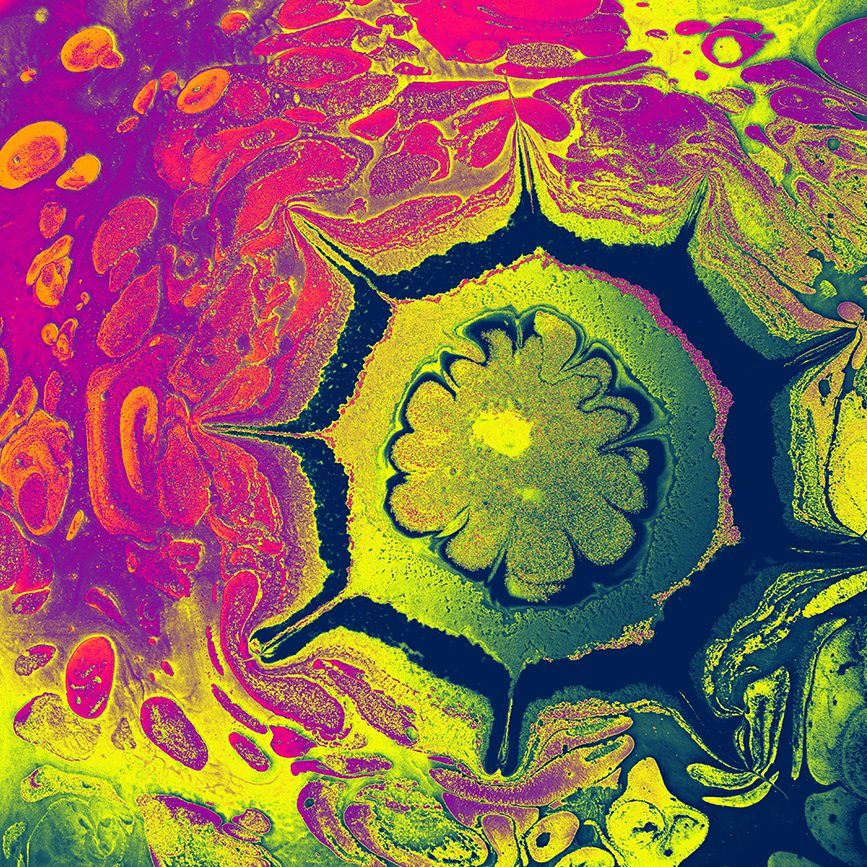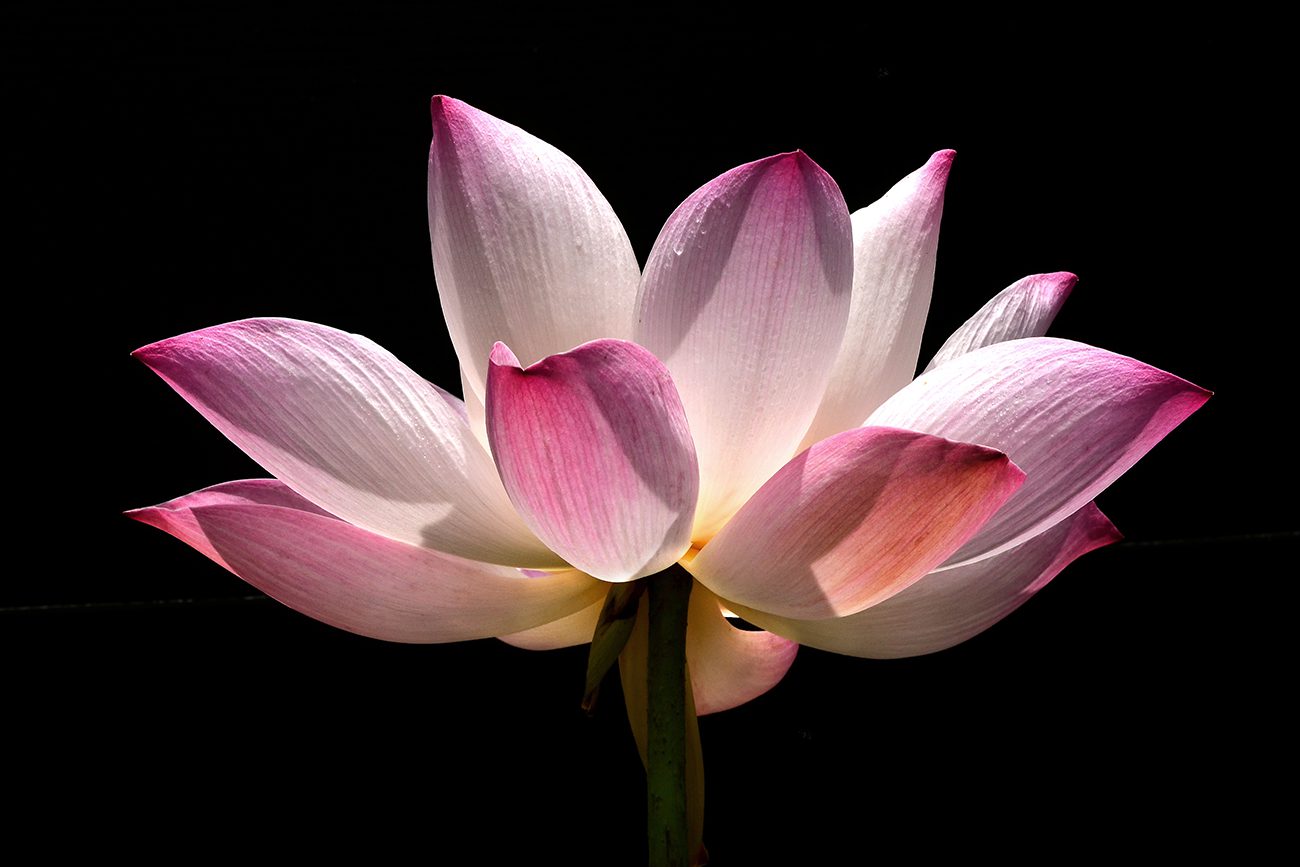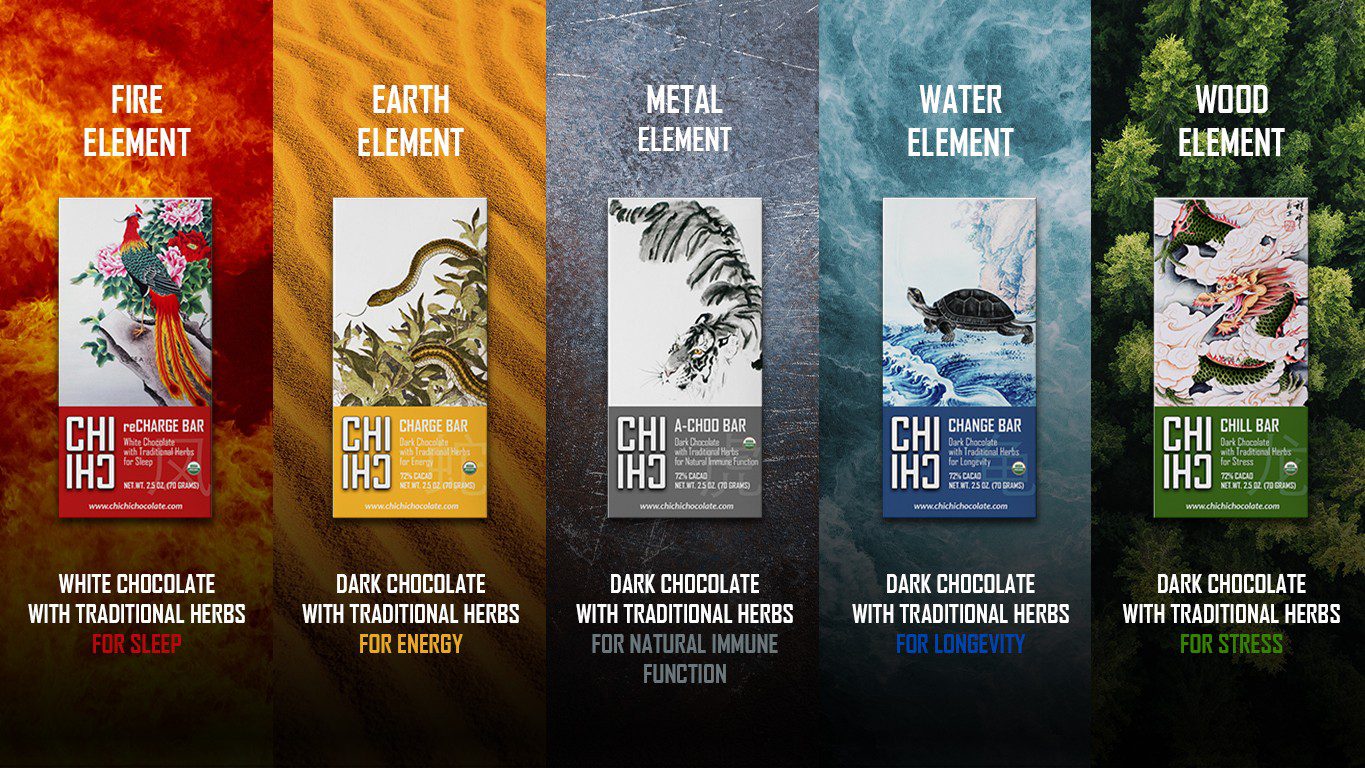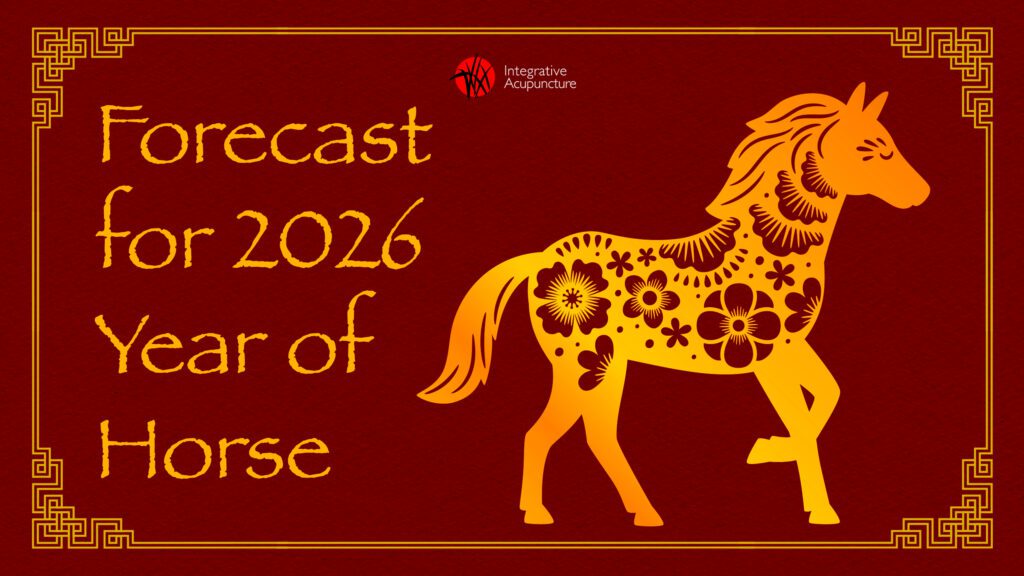In the realm of ancient Chinese wisdom, Taoist traditions have long been revered for their profound insights into spiritual transformation and longevity. Central to these practices is the concept of internal alchemy, known as Neidan, which seeks to transmute the energies within the body to attain enlightenment and immortality. Neidan draws upon the principles of traditional Chinese medicine (TCM), particularly the philosophy of Yin and Yang, to harmonize the flow of vital energy, or Qi, within the body.
Three Treasures
At the heart of Taoist internal alchemy is the belief that the human body contains a microcosm of the universe, and through cultivation, one can align themselves with the rhythms of nature to achieve profound spiritual growth. This process involves refining the Three Treasures of Jing (essence), Qi (energy), and Shen (spirit) through various meditation, breathing, and movement practices.
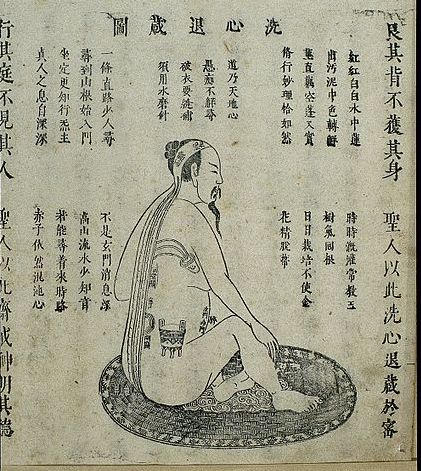
Chinese woodblock illustration of neidan “Cleansing the heart-mind and retiring into concealment”, 1615 Xingming guizhi
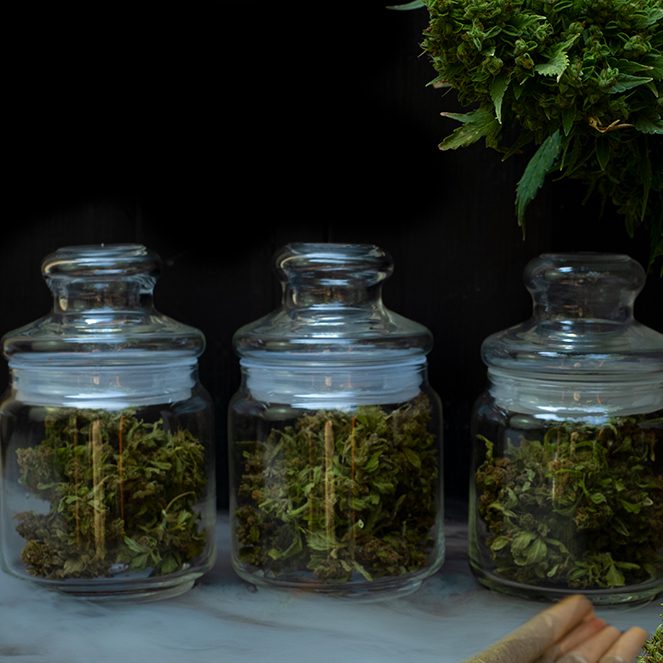
One intriguing aspect of Neidan is its exploration of psychedelic plants as tools for spiritual awakening. While not as widely discussed as other aspects of Taoist practice, there are historical accounts of Taoist alchemists experimenting with substances such as mushrooms and cannabis to induce altered states of consciousness. These plants were believed to facilitate the dissolution of the ego and provide access to higher realms of spiritual insight.
Ingesting psychedelic plants within the context of Neidan is not about escapism or hedonism but rather a means to expand consciousness and deepen one’s understanding of the universe. By transcending the limitations of the ordinary mind, practitioners aim to attain a state of unity with the Tao, the underlying principle of all existence.
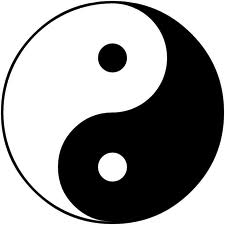
The philosophy of Yin and Yang, fundamental to both Neidan and TCM, provides a framework for understanding the balance and interplay of opposing forces within the body and the cosmos. In terms of psychedelic exploration, Yin represents the receptive, introspective aspect of consciousness, while Yang symbolizes the dynamic, outward-reaching aspect. A harmonious integration of Yin and Yang is essential for navigating the psychedelic experience and integrating its insights into daily life.
Restoring Balance
From a TCM perspective, psychedelic plants can be seen as catalysts for unblocking stagnant energy and restoring balance to the body-mind-spirit system.
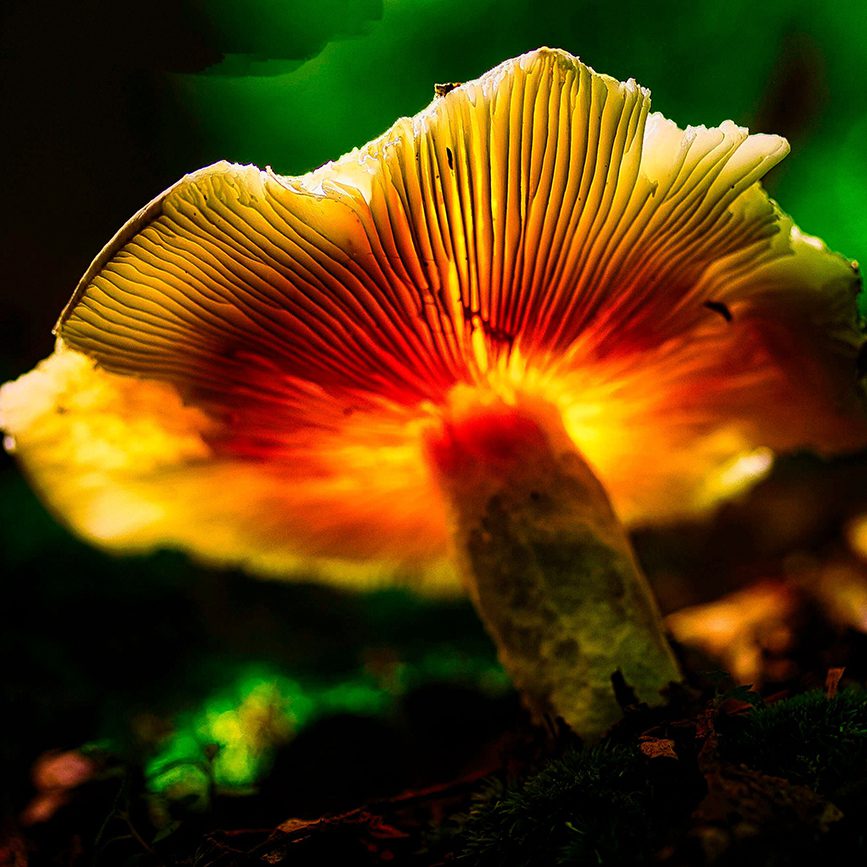
However, it’s crucial to approach their use with respect and caution, as they can also disrupt the delicate equilibrium of Qi if misused or overindulged in.
In the pursuit of spiritual transformation and longevity, Taoist practitioners view Neidan as a lifelong journey rather than a quick-fix solution. It requires dedication, discipline, and a deep reverence for the mysteries of existence.
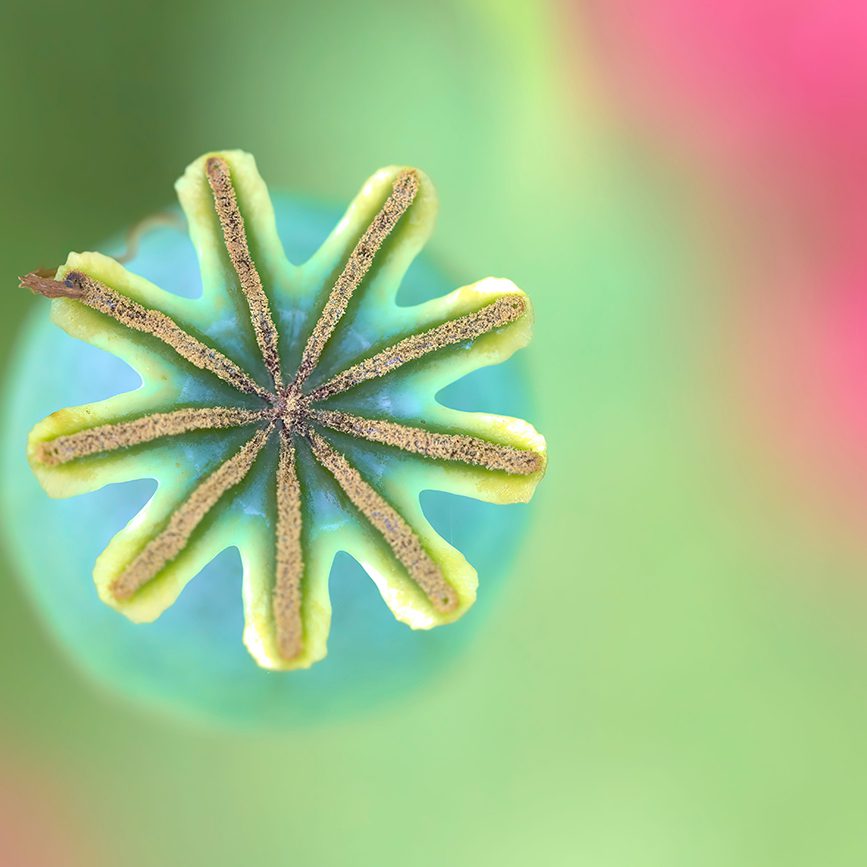
While psychedelic plants may offer glimpses of enlightenment, true mastery comes from inner cultivation and aligning oneself with the natural order of the universe.
The intersection of Taoist internal alchemy and the ingestion of psychedelic plants represents a fascinating exploration of consciousness and spirituality. By integrating the wisdom of traditional Chinese medicine and the principles of Yin and Yang, practitioners can harness the transformative power of these practices to cultivate longevity and attain spiritual awakening.
